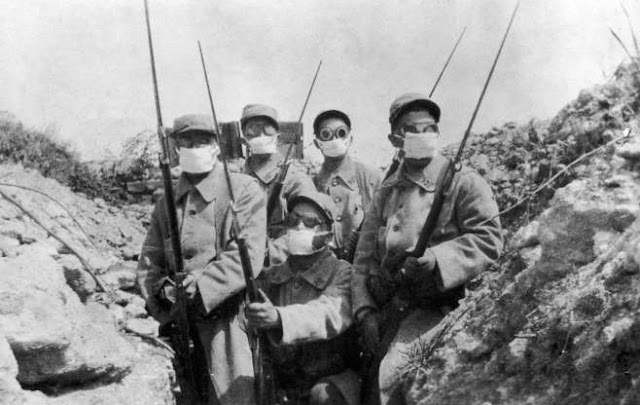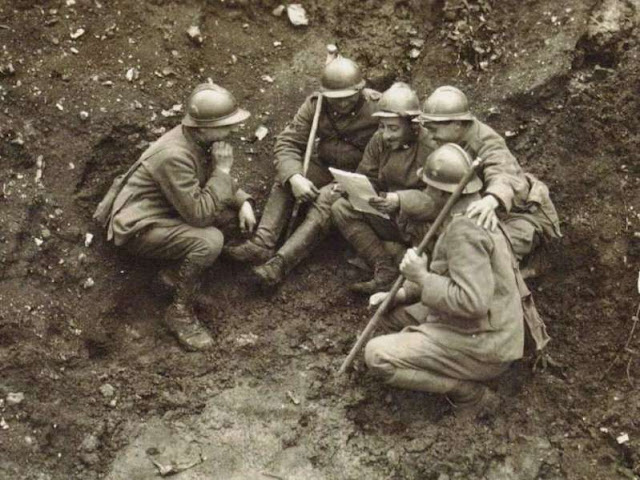Deadly mustard gas is leaking from a vast underwater munitions dump created close to Belgium's North Sea coastline after the First World War.
The so-called weapons cemetery – containing 35,000 tons of unexploded bombs, shells and grenades – has long been considered safe.
Mainly German weapons were buried there in cement-filled containers under a two mile sandbank close to the Belgian coastal town of Knokke.
But fears have been raised that the historic ammunition may create new problems after traces of both mustard gas and TNT were detected on the sandbank, known as Paardenmarkt.
The traces were found at two separate sites, Philippe De Backer, Belgium’s North Sea Minister, told parliament on Wednesday.
Carl Decaluwé, the governor of West Flanders, called for the site, which is less than a mile from the coast, to be cleared immediately after the revelation.
 |
| A soldier stands amid a pile of artillery shell casings; they were fired into German lines, circa 1914. |
“Better to do this now than when the leaks have got worse,” he told the Het Laatste Nieuws newspaper.
But Leopold Lippens, mayor of Knokke-Heist municipality, said decisions must not be made too hastily.
“There are dozens, if not hundreds, of ammunition cemeteries in the North Sea, especially along the French coast,” he said. “Why would there suddenly be a problem in Knokke?”
 |
| French troops wearing a form of gas mask in the trenches during the Second Battle of Ypres, in 1915. |
Although it is now more than a century since the Great War ended, it continues to haunt Belgium’s seas.
In September, an intact German submarine was found on the seabed there – with the bodies of all 23 crew still inside.




